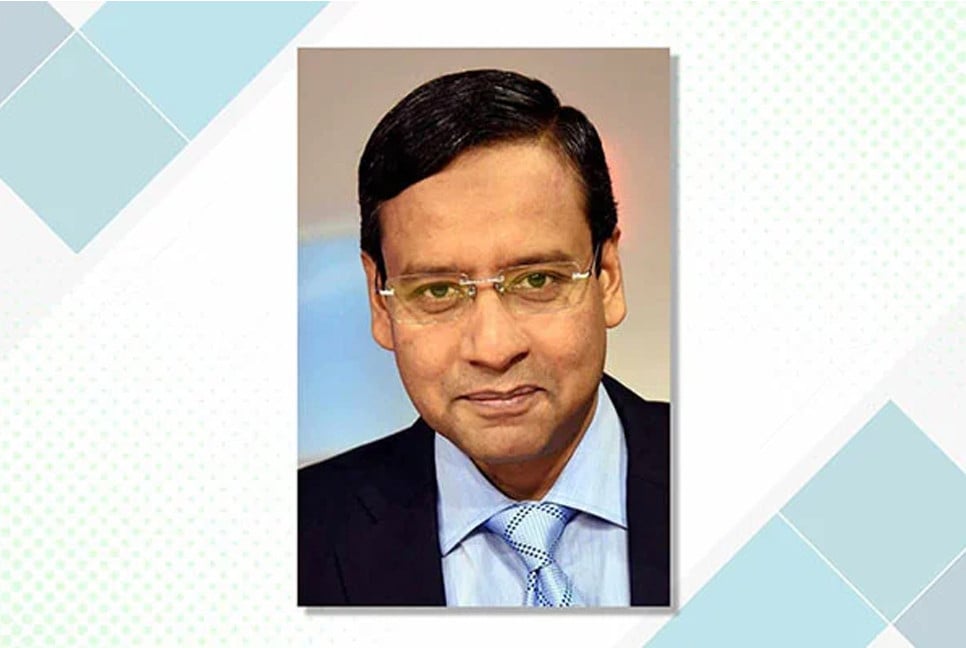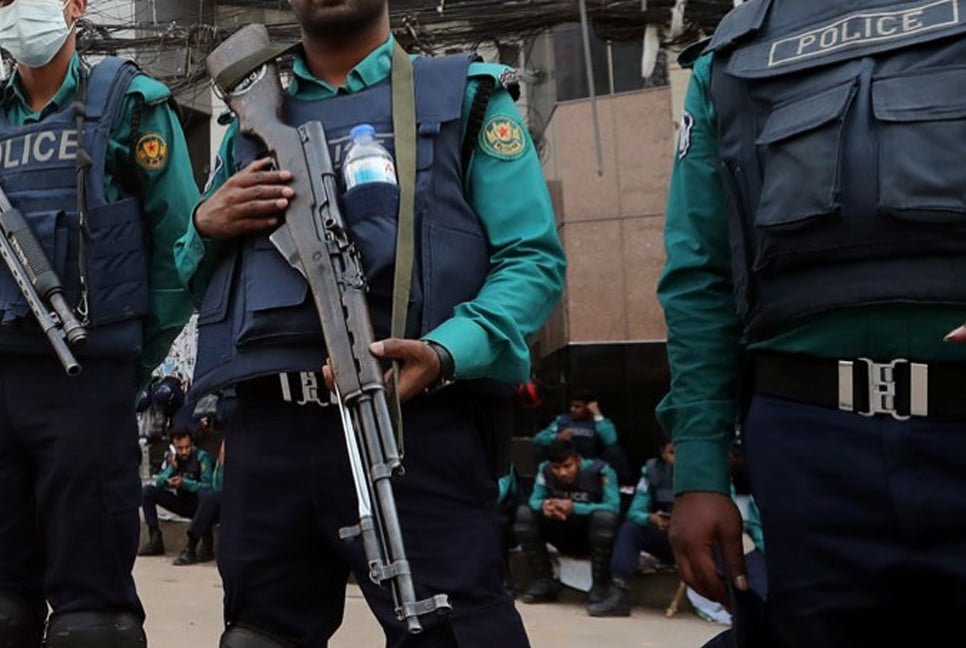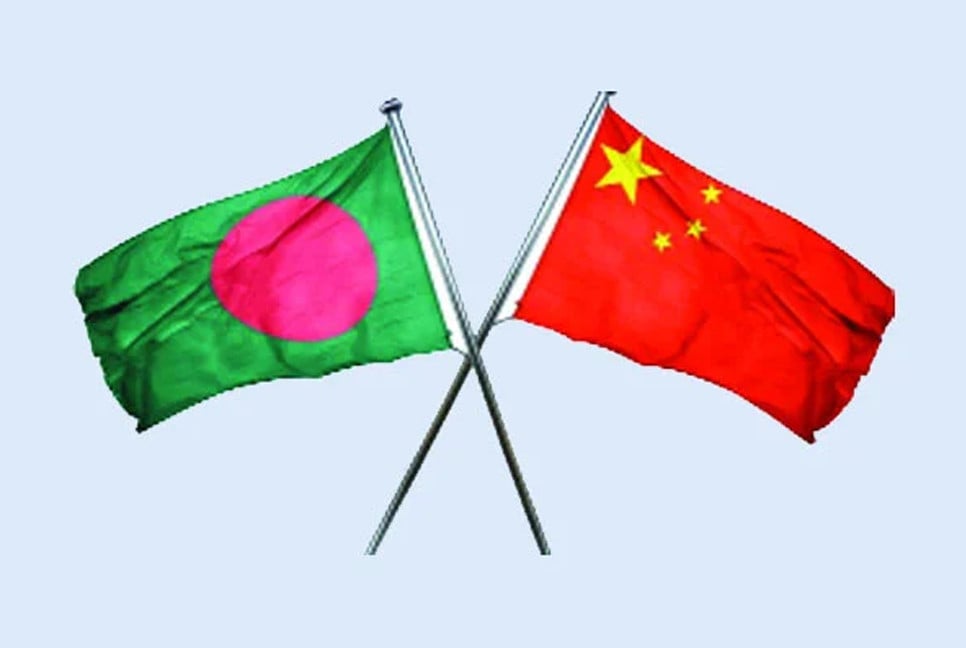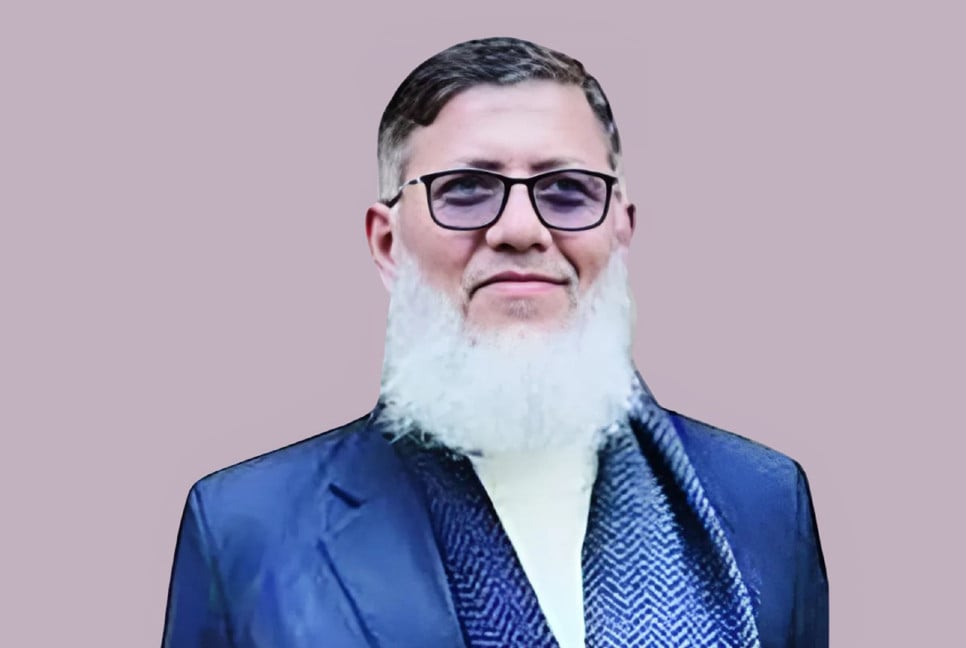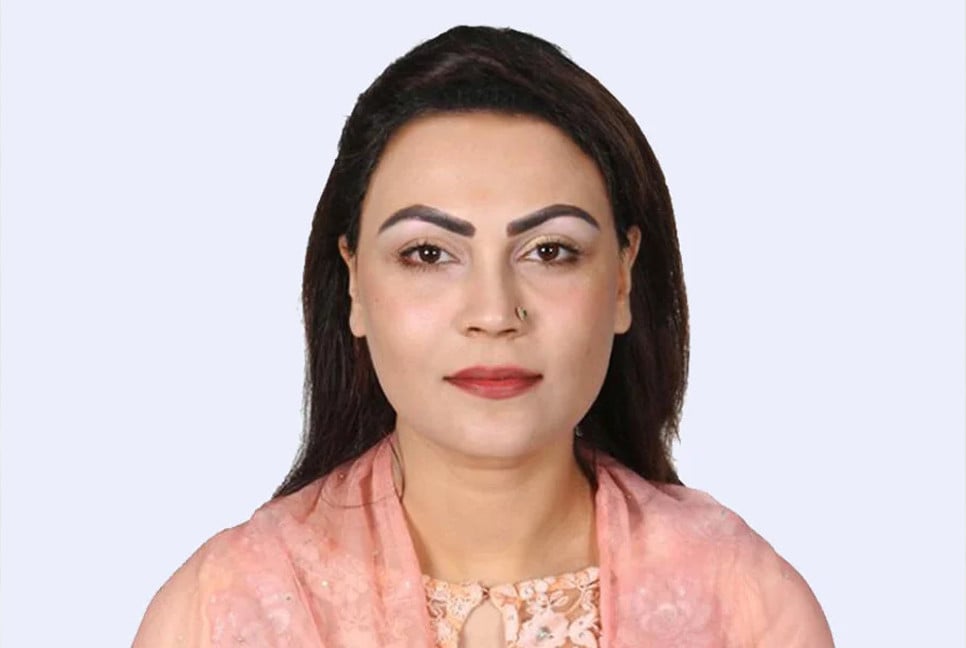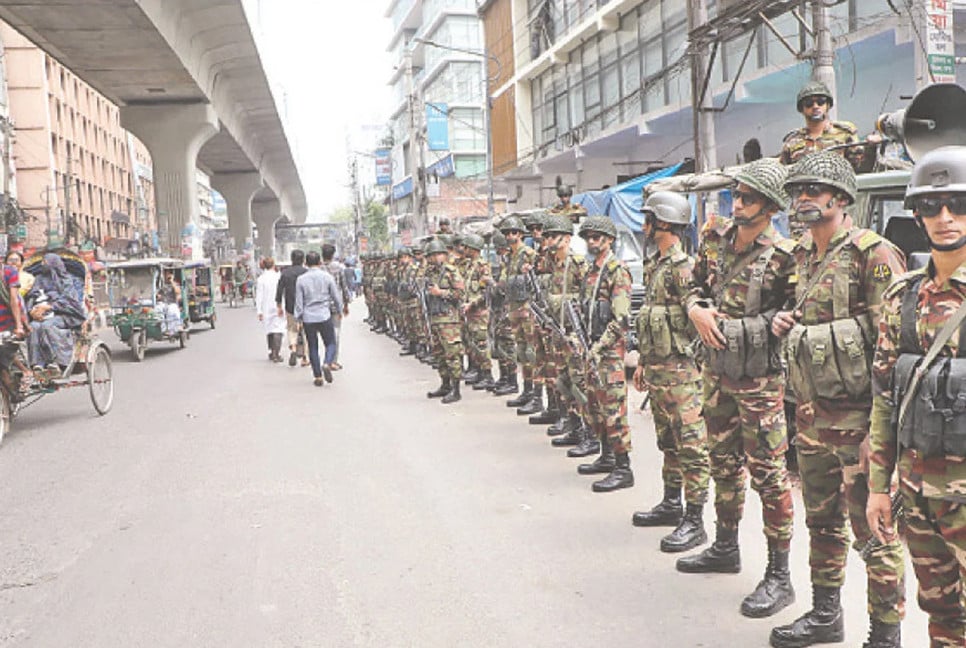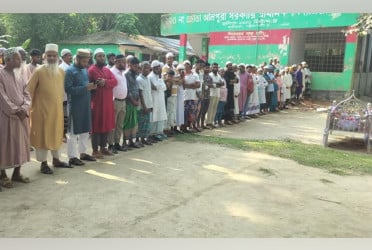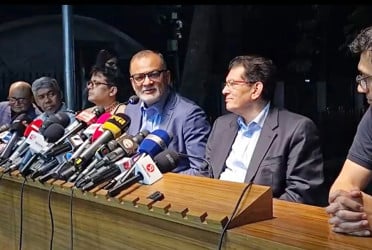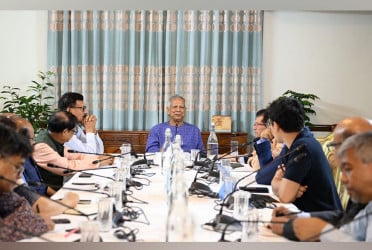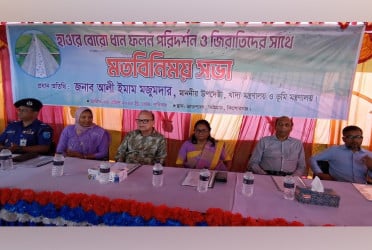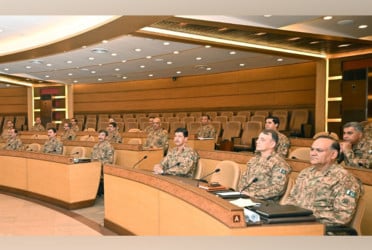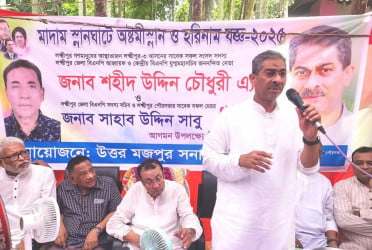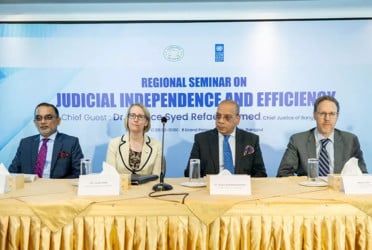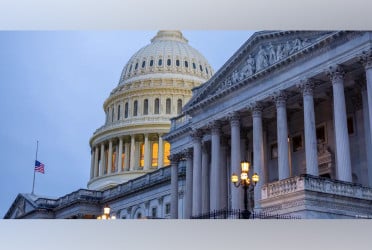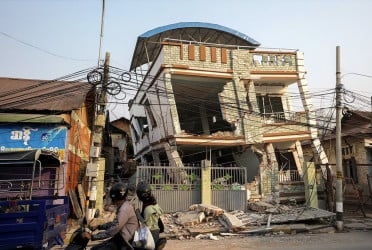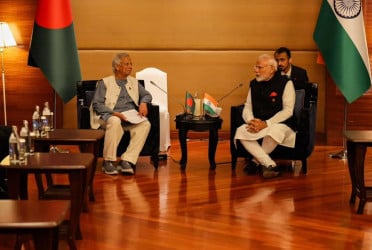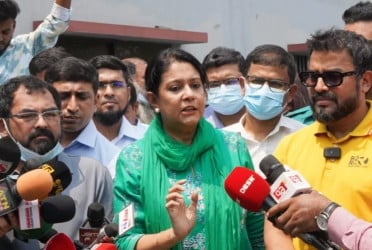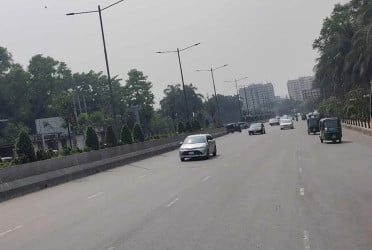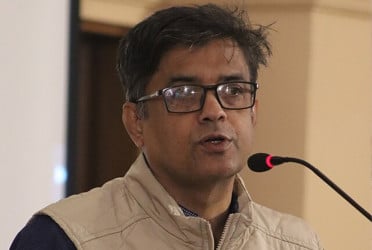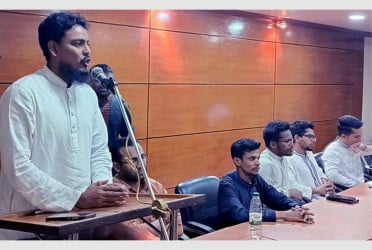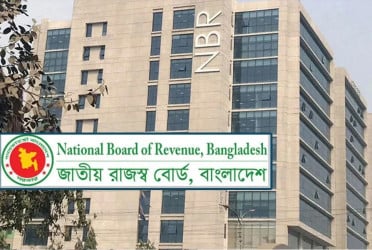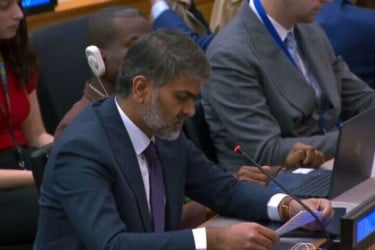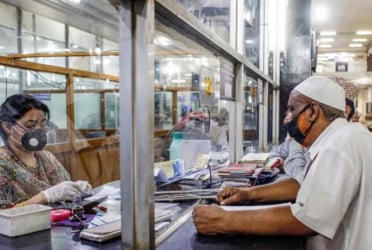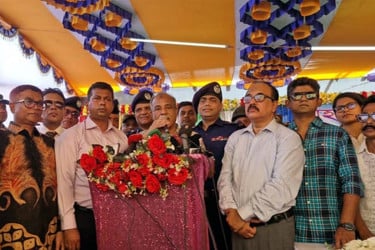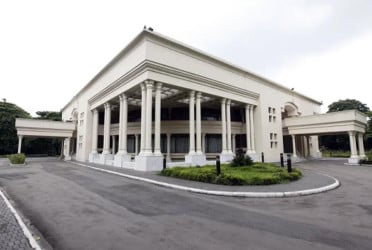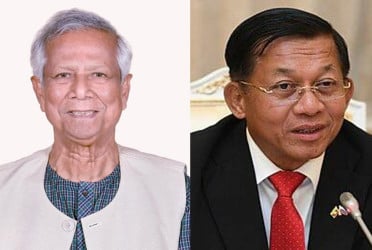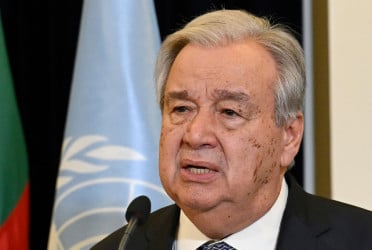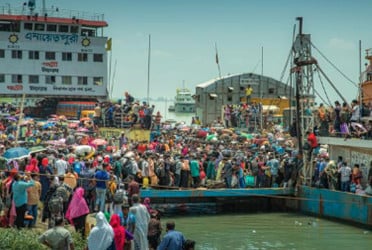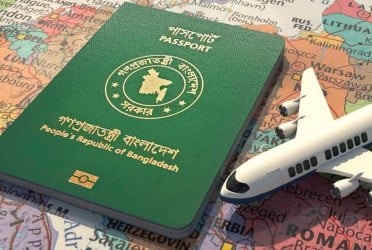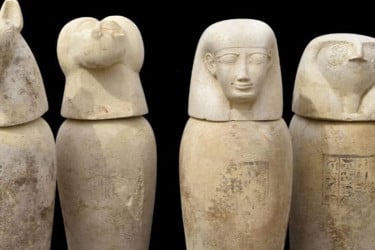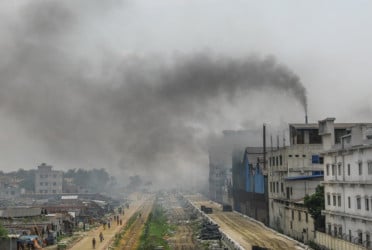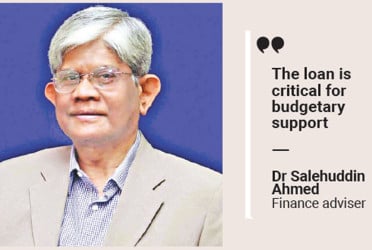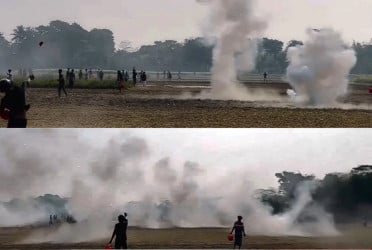I had always been intrigued by prisons, but never did I imagine that I would one day find myself entering one as an accused individual. Yet, when my imprisonment became unavoidable due to the orders of Sheikh Hasina and the determined efforts of her ally, Salman F Rahman, I was left with only two choices. The first was to beg for mercy at Sheikh Hasina's feet, pleading with my family for her compassion; the second was to go into hiding and act according to the situation.
Since childhood, I have harbored a few strange flaws that have grown like a poisonous tree in my mind, behavior, and outlook. One of them is not bowing to injustice—speaking out the truth directly, or avoiding even the shadow of a despised person, no matter what benefits might be at stake.
Another flaw of mine is that unless I am completely certain, I cannot simply nod in agreement with someone’s words. On the contrary, if someone lies or displays unnecessary bravado in front of me, my expression inevitably betrays my feelings, making it difficult for them to go unnoticed.
These traits led to my reputation in the influential circles of the Awami League as an impudent, stubborn, overly intellectual, and inexperienced young fool. As a result, I became the subject of repeated complaints to Sheikh Hasina.
Meanwhile, the Prime Minister observed that, unlike other young parliamentarians who sought to ingratiate themselves, I showed no signs of such flattery in her presence. Consequently, my behavior began to subtly affect the political dynamics among the politicians at the heart of power.
Between 2009 and 2013, these traits made me a thorn in the side of the top leaders of the Awami League. However, through my active participation in talk shows, writing for various newspapers, and cultivating cordial relationships within my electoral constituency and political circles, I gained considerable popularity and recognition.
This newfound prominence ignited jealousy among the party’s corrupt, inept, and sycophantic leaders. To fuel their resentment, I began speaking the unvarnished truth, often with the bluntness of a child, which the national media eagerly picked up.
As a result, my statements frequently made headlines, while I contributed three to four columns each week and regularly appeared on nightly talk shows.
The corrupt, plundering, and bank-looting faction of the government, lurking in the shadows, grew uneasy. Initially, they issued veiled threats, followed by direct ones.
However, nothing worked. My defiance only grew stronger with each passing day, and as a result, my conflict with the then-Prime Minister Sheikh Hasina’s most trusted ally and the de facto president of the Awami League, Salman F Rahman, reached its peak.
The Prime Minister could have resolved the conflict at any time, but chose not to, as she intentionally nurtured divisions within the party.
Additionally, she seemed to take pleasure in seeing influential party figures—except for Bangabandhu, Sheikh Hasina, and her children—belittled or disrespected. Public humiliation of senior leaders she disliked appeared to give her considerable satisfaction.
Consequently, despite strong objections from the party's corrupt members regarding my actions, Sheikh Hasina remained indifferent, even aligning herself with my stance.
The powerful figures began holding meetings to discuss how to stop me, shut my mouth, or even remove me from the world. They set up death traps in my electoral constituency, created perilous situations in Dhaka, attempted to socially disgrace me, and sabotaged my business ventures. Through various government agencies, including the ACC, BB, the NBR, and BTRC, they piled pressure on me in an effort to break me down. They wanted me to scream in desperation, overwhelmed by the strain. To tarnish my reputation, they set up honey traps and mobilized the DGFI, NSI, and DB offices against me.
In response, I intensified my writing and my rebuttals. As a result, they finalized their plan to imprison me, delivering a final warning through two ministers and two newspaper editors, signaling the 10th danger alert.
In 2013, the youthful vigor I possessed made me even more reckless in my stance against corruption, which I began to view as a form of devotion. This ultimately led to my arrest on July 25, 2013, from the office of Bangladesh Pratidin.
The series of events that followed—my arrest, a night at the DB office, court appearances, imprisonment, and eventual release after 49 days—were filled with incidents, challenges, and profound experiences that words cannot fully capture.
Reflecting on it now, I realize that had I not been imprisoned and instead led a conventional life as a minister or MP, passing away peacefully as Prime Minister my life would have been like that of a naive child, living 80 to 90 years only to pass away quietly, eventually taken to the grave by Azrael.
While in prison, I wrote an autobiography about my experiences. After my release, I handed the manuscript to Bangladesh Pratidin, which began publishing my prison story daily on the front page.
Despite facing government pressure and warnings from powerful figures, the newspaper continued to publish the account for about fifteen days, editing it as needed.
The series sparked a nationwide uproar—evoking tears, laughter, and widespread criticism of the government. Eventually, the newspaper could no longer continue the publication. The then-editor, however, published the articles under the title MP's Imprisonment, which were later compiled into a book. Since its release in 2013, the book has remained a bestseller.
After the fall of the Awami League government, I revisited the book. The events I had written about in 2013—the abductions, murders, and the dark dealings of that time—left me startled when read in the free air of 2024. I found myself questioning where I had gathered such courage from and why I had done what I did. Now, at my more mature age, I cannot fully reconcile those actions. The impact of the humiliation from my arrest, or the haunting memory of being treated like a criminal and dragged to the DB office, still lingers. Thinking back to how my body—my hips, knees, feet, and private parts—reacted during that ordeal, I am transported to a place beyond the earthly realm.
As I have mentioned before, I never imagined facing imprisonment or arrest in my life. There are no records in my familial history of legal cases, police harassment, or jail. Even now, when I see the police, my hands and feet tremble, and the sight of the army makes me lose consciousness. I have never fought with anyone, and growing up, my parents never even gave me a light tap on the shoulder.
So, when I was taken to the DB office and subjected to terrifying treatment—being humiliated and tortured in ways I had only heard of—I was deeply shaken. My mind raced with the fear of what could happen to me, imagining scenarios like being hung by my feet or enduring extreme physical abuse. These terrifying thoughts, which seemed like mere illusions, began to drive me to the brink of madness.
When I was taken from the DB office to court in the morning, I had no control over my body, mind, or emotions. I could only stare blankly. But when I was transferred to the central prison and allowed to stay in the room of Delwar Hossain Sayeedi, I suddenly felt the presence of a mysterious aura. Abdus Salam Pintu, Brigadier Abdur Rahim, Maj Gen (retd) Rezzakul Haider Chowdhury, and others welcomed me. It was the month of Ramadan, and they arranged an iftar for me.
However, the government’s intelligence agencies soon realized that someone as outspoken as me should not be kept with those accused of grenade attacks. As a result, a new order came through: I was to be immediately transferred to the Kashimpur Jail.
During my time in Kashimpur Jail, I was assigned to a cell once occupied by influential figures such as Salman F Rahman and Mohammad Nasim during the 1/11 government, while Salahuddin Quader Chowdhury had also stayed there.
The cell housing me was shared with prominent figures like Jamaat leader Mir Quasem Ali, ATM Azhar, Tarique Rahman’s associate Gias Uddin Al Mamun, and Mahmudur Rahman, editor of Amar Desh, who all welcomed me.
Nearby, in the adjacent cell, were Jamaat leader Quader Molla, several leaders from Chhatrashibir, and several top criminals.
In a high-security cell, Jamaat leader Kamaruzzaman and notorious criminal Sweden Aslam were detained.
Gias Uddin Al Mamun had considerable influence within the prison, building strong relationships with fellow inmates through his charm. We spent much of our time under his hospitality.
The events that transpired both inside and outside the prison during this period were filled with startling developments, which I documented in my book MP's Imprisonment.
When it was serialized in Bangladesh Pratidin, it caused a stir within government circles, leading to public outrage as the inner workings of the government were exposed.
In response, the ruling authorities, led by Salman F Rahman and Anisul Huq, exerted significant pressure on the media, forcing the halt of the publication halfway through.
However, due to the changing political climate, I have learned that Bangladesh Pratidin plans to republish the series. Here, I present a summary of my prison memoirs...
The writer is the Former Member of Parliament (MP) and Political Analyst.
Translated by ARK/Bd-Pratidin English

